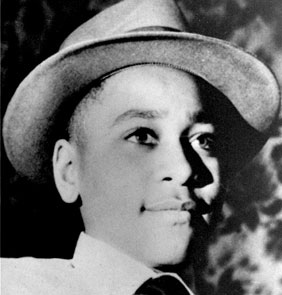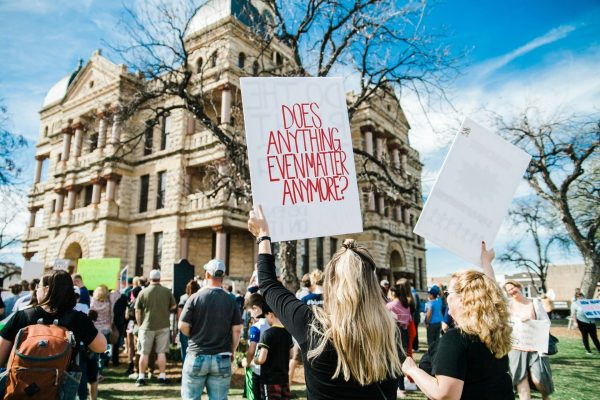We Have Not Come Far With Progress

Since Emmett Till’s killing, we have not done better with justice for unarmed black people.
March 27, 2019
Unarmed black people are murdered twice in America.
The first death is physical, events transpiring that lead to the violent snuffing of a life. The second death is figurative. Like something out of the “Twilight Zone,” we grant armchair racists and professional critics clearance to commit unchecked character assassination. The events leading up to these stories all vary in detail, but the ending, as if prescribed, remains unchanged.
News correspondents go down the same line of questioning. Congruently positioned critics tout familiar statistics and similar deflections. Cold blooded killers are found not guilty. My question today is, why hasn’t this changed?
If Emmet Till were murdered in 2019 instead of 1955, would the narrative following his death have been the same? For those unfamiliar, Emmet Till was a 14-year-old boy from Chicago, Illinois who, while visiting family in Money, Mississippi, was tortured and shot.
His broken body would later be found in the Tallahatchie River. The excuse for his slaying was the “high crime” of flirting with a white woman in the South. From my limited worldview, I can see that committing capital offenses for the accusation of flirting is wrong – that the circumstances leading to Till’s tragic death are deplorable.
Initially, the media and local law enforcement agreed with the standing sentiment that his murder was objectively horrendous and required justice. All too sadly, it would not be very long before the critics arrived in support of the boy’s murder. The story in the news and the language used by the police shifted in favor of the murderers as well. In that same year, both of Till’s murderers were acquitted of kidnapping and murdering him. Decades later, Till’s accuser, Carolyn Bryant Donham, admitted her claims were false, saying that “nothing that boy did could ever justify what happened to him.”
What happened in 1955 was a tragedy. In 2012, what we witnessed was a farce. On February 26, 2012, Trayvon Benjamin Martin was stalked by a man while on his way home from a convenience store. Martin’s murderer alerted the police that he believed that Martin looked suspicious, but instead of leaving the police work to local authorities, Martin’s murderer got into an altercation that led to Martin being gunned down.
Martin’s killer was not convicted, as he was protected under Florida’s “Stand Your Ground” law and, much like Till’s story, the narrative of this young man’s death took a negative turn with the arrival of critics and the media circus that followed. Martin’s killer was acquitted of second-degree murder and manslaughter.
It is easy to believe these problems are in the past and that these are far-off concepts barely visible in the rear view of our mind’s eye – that much like objects that shrink with distance, these problems too will become tiny.
Yet, these horrible acts are continually dragged to the forefront with disturbing repetition. How can some of us hope for change when so much yields the same results? When does history stop repeating itself?








Khan Of Khans • Dec 15, 2019 at 7:57 pm
Well done, sir.